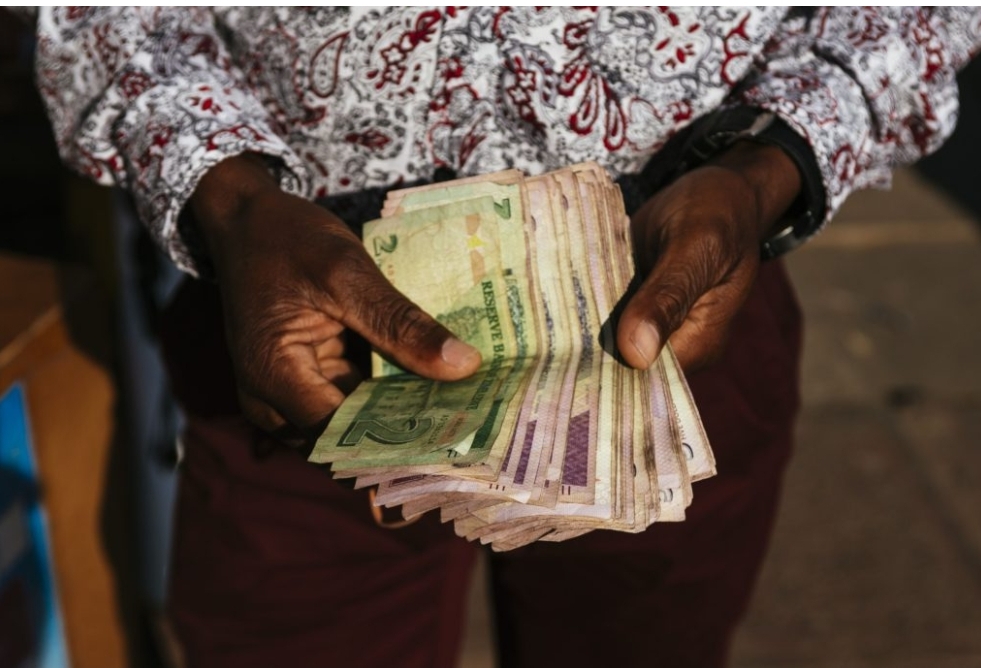BY NOKUTHABA DLAMINI
It was a lively debate in the Parliament of Zimbabwe as MPs discussed the motion tabled by Discent Bajila on promoting indigenous languages in schools.
“I stood up to support the motion…the issue of our indigenous languages is very important,” said Spencer Tshuma.
“We were colonised by the whites and that is why we love the English language…we were lost as a nation and it should be rectified in the shortest possible time so that we can develop as a country.”
Another MP added, “We used to pray in our local languages. We would use our local languages to talk to our ancestors who would then take our prayers to God…why is it that such things are changing on a daily basis?”
They emphasized the need for children to learn in their local languages, saying “it will be easy for them to learn and it will also be easy for the teacher to teach them.”
Sithabisiwe Moyo for Bubi/Umguza expressed her happiness about the motion.
“I am really happy about this motion which pertains to the discussion of having children being taught in their native languages so that they grow up articulating and appreciating their mother language.”
Elizabeth Masuku, also from Bubi/Umguza supported the motion, stating “this motion is not merely a nod to cultural preservation, it is a profound step towards fostering inclusivity, enhancing comprehension and fortifying our national identity.”
Others also noted that trying to speak in a foreign language may lead to a breakdown of communication.
Finally, Taurai Dexter Malinganiso emphasized the need for action.
“We therefore require a deliberate action, deliberate policy with which to preserve our languages, promote the same in a manner that salvages our identity from this marauding quest by the erstwhile colonisers to actually down our heritage.”
Biatah Nyamupinga, who had spoken earlier, was also in agreement with the motion, highlighting the importance of understanding local languages in healthcare, particularly in discussing diseases like cervical cancer.
Recommendations from the debate included:
– Including indigenous languages in the school curriculum from an early age
– Providing funding and resources for the development of teaching materials in local languages
– Encouraging the use of local languages in schools, especially for subjects like Biology, Science, and Maths
– Supporting cultural programs that promote local languages and heritage
– Developing technology to facilitate communication in local languages.

 Slider3 years ago
Slider3 years ago
 National4 years ago
National4 years ago
 Tourism and Environment4 years ago
Tourism and Environment4 years ago
 Special reports4 years ago
Special reports4 years ago
 Opinion4 years ago
Opinion4 years ago
 National4 years ago
National4 years ago
 National3 years ago
National3 years ago
 National3 years ago
National3 years ago



